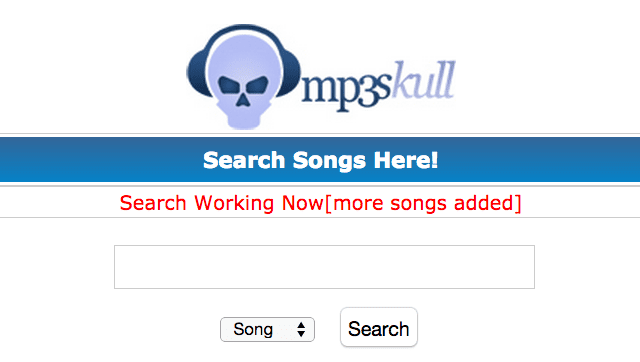Are you a music fan always on the lookout for the latest tracks and timeless classics? If so, you’ve likely heard of the term MP3 skulls. In this thorough guide, we’re going deep into the world of MP3 skulls, studying what they are, their historical importance, validity, options, and much more. So, grab your headphones and join us on this musical trip.
What Are MP3 Skulls?
MP3 skulls are a term that has been spreading in the digital music world for quite some time. But what exactly are they? In essence, MP3 skulls refer to websites or places where users can download MP3 music files for free. These websites have gained recognition for offering a huge library of songs, both famous and unusual, at no cost.
The MP3 Revolution: A Brief History
To truly understand MP3 skulls, it’s important to look into the background of the MP3 format. The MP3 (MPEG-1 Audio Layer 3) standard transformed the music business by reducing audio files without major loss of quality. This breakthrough opened the way for digital music sharing and, obviously, the rise of MP3 heads.
Legality and Ethics
The draw of free music can be tempting, but it raises social and legal questions. Let’s discuss the animal in the room:
Is It Legal?
Downloading copyrighted music from MP3 skulls without proper authorization is illegal in many countries. This practice infringes upon the rights of artists, singers, and record companies who deserve pay for their work. Engaging in such actions can result in legal effects, including fines and punishments.
The Conundrum of Ethics
From an ethical standpoint, using MP3 skulls raises questions about helping artists and authors. It’s important to consider the effect of free files on the music business, especially solo artists who rely on sales and streaming income.
Alternatives to MP3 Skulls
While MP3 skulls give free music, there are legal and ethical options that support artists and ensure you enjoy your best tunes guilt-free:
- Music Streaming ServicesPlatforms like Spotify, Apple Music, and YouTube Music give huge collections of songs for a monthly registration fee. They provide ease, high-quality streaming, and legal access to music.
- Purchasing Music OnlineWebsites like iTunes and Amazon Music allow you to buy individual songs or albums freely. By doing so, you directly help the artists and their work.
- Free and Legal MusicSeveral websites and apps give free and legal music files, often from solo artists. These sites are a great way to find new talent while following copyright rules.
The Risks of MP3 Skulls
Engaging with MP3 skulls can subject your machine and personal data to risks. These risks include:
- Malware and VirusesMany MP3 skull websites are filled with malware and viruses that can harm your device and damage your data security.
- Legal ConsequencesAs stated earlier, getting illegal music from MP3 skulls can lead to legal penalties.
The Future of Music Consumption
The digital music world is continually changing. Streaming services, high-quality audio files like FLAC, and new tools are changing the future of music usage. It’s important to react to these changes while backing artists and protecting intellectual property rights.
Conclusion
In this study of MP3 skulls, we’ve found the issues surrounding free music files. While the draw of “free” music can be tempting, it’s important to consider the social and legal consequences. As technology improves and the music business changes, our choices as customers play a key role in shaping the future of music.
So, the next time you’re drawn by the appeal of MP3 skulls, remember the bigger context and consider the impact of your choices on the world of music.



















